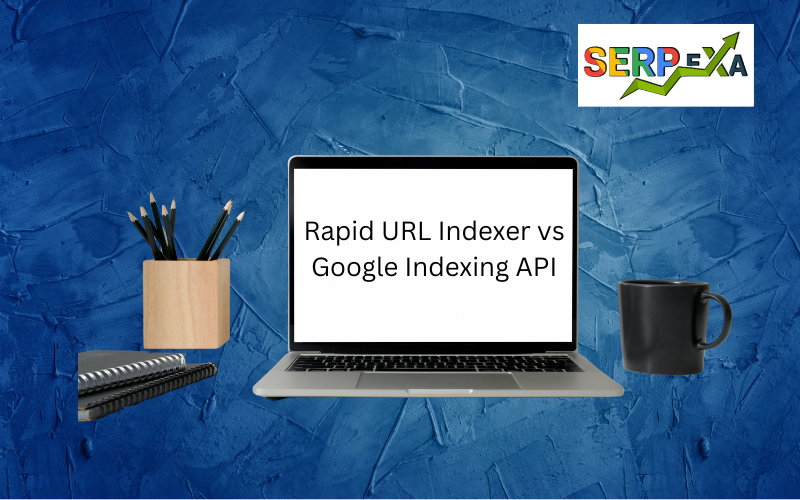It’s 2025, and getting your content indexed quickly is not optional, it’s a must. If you are an SEO executive or working for a fast-growing SEO outsourcing company, the question is: Rapid URL Indexer vs Google Indexing API – Which is faster in 2025? Let’s compare.
What is Rapid URL Indexer?
Rapid URL Indexer is an effective third-party SEO indexer tool, allowing maximum speed with the ability to submit URLs for indexing. It’s much faster than allowing Google to crawl for that indexing.
If your goal is simplicity and speed to indexing, this tool is ideal for content marketers, bloggers, agencies, and anyone wanting their content to appear instantly on the SERP.
It also provides bulk submission capabilities, which are perfect for bulk content updates across many websites or landing pages.
Google Indexing API: The Official Channel
The Google Indexing API is one official way to notify the search engine about changes to pages or new content to consider crawling, primarily job postings or live streaming pages.
In 2025, it will also be implemented by many SEOs who take advantage of creative implementations.
While it is more reliable, the API does have limitations:
- Only Available for certain content types
- Developer setup required
- Slower for common blog content unless extensively optimized
Which One’s Faster in 2025?
When it comes to speed, Rapid URL Indexer usually comes on top, especially with mass URL submissions.
Here is how they compare:
Feature | Rapid URL Indexer | Google Indexing API |
| Speed of Indexing | Instant (0–4 hours) | Moderate (6–24 hours) |
| Ease of Use | No coding required | Developer setup needed |
| Content-Type Support | All content types | Limited (Jobs, Streams) |
| Scalability | High volume friendly | API call limitations |
Rapid URL Indexer vs Google Indexing API: Use Cases
- Select Rapid URL Indexer when working with blog content, product pages, landing pages, or bulk SEO campaigns. This is a great tool for agencies like SERPexa or anyone in India working for an SEO company that requires fast and wide-reaching indexing.
- For technical SEO strategies or for niche websites (job listings, events, or livestreams), use Google Indexing API, which is meant for developers or platforms that can integrate API’s.
Both tools serve different purposes, but we live in a world where users either “Search Google or Type a URL,” so being found instantly gives you the advantage.
Why Speed Matters in SEO v/s AEO?
In today’s SEO v/s AEO (Answer Engine Optimization) contest, indexing speed can determine whether you hide in visibility. Your page may be beautifully crafted, but until it’s indexed, it’s invisible, it doesn’t matter if users “Search Google or Type a URL”.
Tools like Rapid URL Indexer are now essential to brands like SERPexa in the quest for traditional SEO dominance while transitioning to AEO.
Wrapping It Up
Whether you’re a top SEO agency in India, a freelancer, or a company providing PPC services in India, the indexer tool you decide to use will determine your organic success.
When it comes to general web content, Rapid URL Indexer provides a more efficient turnaround and is less of a headache. However, the Google indexing tool 2025 (API) is still necessary for niche content and structured updates.


